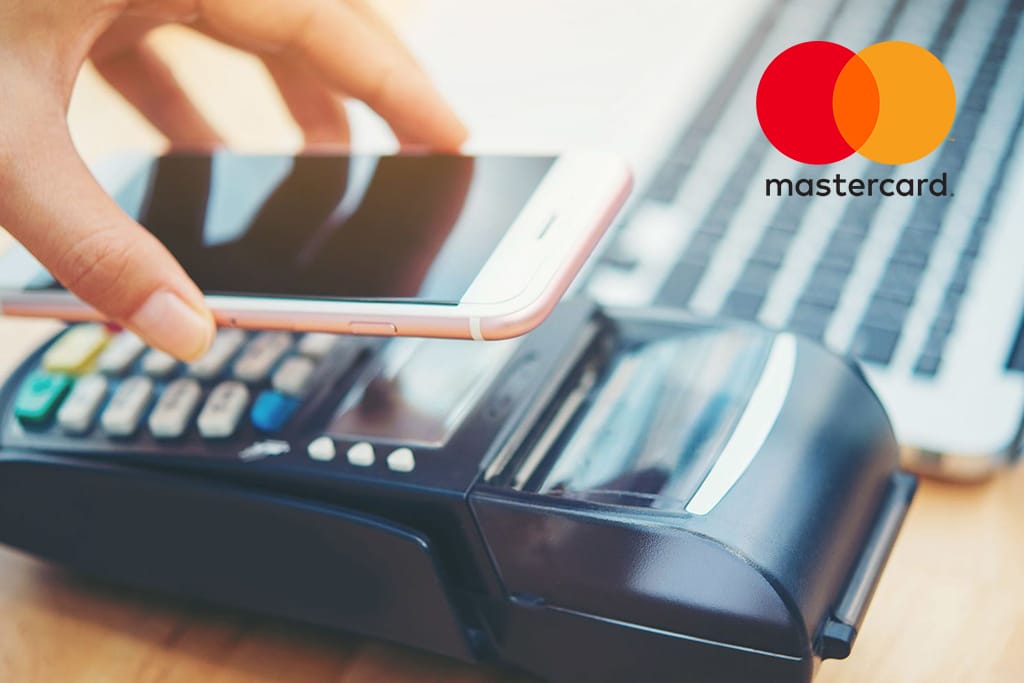MasterCard has filed a patent application in an attempt to implement a new strategy of maintaining the anonymity of crypto transactions. The company seeks to attract users who prefer transactions anonymity.
The payments global giant, Mastercard, stated that they have a new method of maintaining the anonymity of all cryptocurrency transactions. The company has proposed a system of executing transactions over a blockchain. This system would disguise both the amount and point of origin according to their patent application published on December 6.
The Process
This publication by the U.S. Patent and Trademark Office comes just a few months after MasterCard revealed its interest in blockchain technology. The application highlighted that the system would use an intermediate address during transactions that work together with the public key. The acquired transaction data is then stored concurrently as a private key generates a new transaction and digital signature.
The new transaction data features the payment amount and the destination address. According to the patent filing:
“The method would result in showing the user only transferring funds to and receiving funds from a small number of addresses that are also involved in a significantly large volume of transactions with various other users, thereby rendering the data innocuous.”
Furthermore, the amounts may also appear anonymous through the use of several transfers using numerous addresses. The application also stated that blockchain platforms are taking over the global financial world. More users are shifting to different digital currencies like Bitcoin to execute transactions.
Reason for the Application
MasterCard says that the move was inspired by the fact that some users prefer cryptos for their anonymity. It is almost impossible to identify users behind a blockchain address except for the case of permissioned blockchains. Thus, an individual can send or receive funds anonymously via blockchain.
Many of the existent blockchain ledgers are not actually anonymous. The application overtly states that transactions are traceable due to the immutable nature of the blockchain ledger. Therefore, it is possible to know all transactions associated with a particular blockchain wallet using public data. Eventually, the strategy reveals the identity of the users.
MasterCard highlights that such data may reveal the identity of the wallet owner after precise accumulation and analysis. In the least case, it offers information about the owner without revealing their identity. But, the blockchain technology needs the identity of the origin and destination of the executed transactions to maintain the ledger.
The application concluded that:
“There is a need for a technical solution to increase the anonymization of a wallet and the user associated therewith in a blockchain.”
The Attention
This MasterCard patent application reiterates the comments made by supporters of privacy-focused cryptos like Zcash and Monero. Both of these tokens incorporate features that hide the source and destination of all transactions. Moreover, the total amounts involved in these transactions remain anonymous.
Currently, most users prefer anonymity when executing transactions. But, the prominence of coins like Zcash and Monero has raised enough to get the attention of various government agencies. For instance, the U.S. Department of Homeland Security is relentlessly looking for ways to trace funds sent in form of these privacy coins.
Earlier in the week, the agency published a pre-solicitation document. The document featured a proposal for studying various forensic analysis procedures to track privacy coin transactions.

